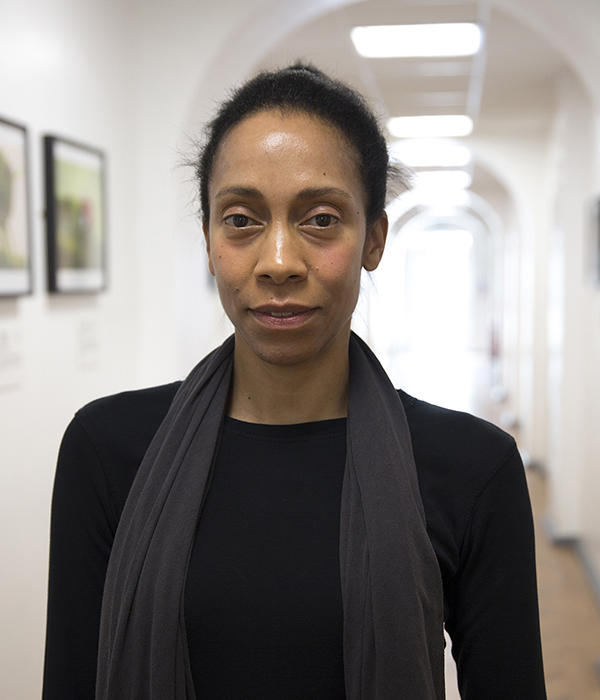When academia rolls its sleeves up and gets stuck in, it has the power to change lives, even when there is trouble in paradise.

Every university in the country will say that their academic work, their research, has a real impact in the world beyond their walls. Sometimes this impact is measured in terms of how their research has helped to shape policy, or with a specialist discovery that subtly shifts the emphasis of a debate that has been raging for centuries. Sometimes, however, this impact is direct, immediate, and unfiltered - academic expertise, firmly founded on quality research, but mainlined directly in to society in order to positively transform lives.
This is one such story, and an example of a small piece of research that had a big effect on one man’s life.
Say the words St Lucia, and most people will think of a Caribbean paradise, white sandy beaches, crystal clear waters, and a cruise liner just pulling in to port. But St Lucia, in common with many tourist hotspots, is not just a garden of Eden, but a sovereign island country in its own right, with all the tensions and troubles that disrupt communities the world over.
One such example is the question of LGBT rights. Same-sex sexual activity is illegal on St Lucia, whilst homophobic discrimination is not. So, whilst the visitors pouring off the cruise liners in Castries look forward to relaxing in wonderland, many St Lucians belonging to the LGBT community live in fear of violence and persecution.
In 2017, a young St Lucian gay man arrived in the UK claiming asylum on grounds of his sexuality. Initially, the Home Office rejected his claim, citing insufficient evidence of persecution of gay men in St Lucia. Working with solicitor Gabor Nagy, from human rights law firm Duncan Lewis & Co, the young man in question lodged an appeal against the decision.

Dr Berenice Mahoney, a Senior Lecturer in the School of Psychology at the University of Worcester, and an expert on victimisation and sexuality, was contacted by Duncan Lewis and asked to provide an expert witness report in support of their case.
“I’d never done one before,” Berenice said, “and I thought it sounded important , so I said yes.”
“People who claim asylum on grounds of their sexuality are seldom successful,” she added. “I think partly it’s that the Home Office don’t really understand the problems facing LGBT people in other countries, unless they are coming from a country known to be led by a brutalist regime.”
“St Lucia doesn’t strike a lot of people as a place with problems, it’s a place where westerners go to escape their problems, but for local residents, it’s a different picture.”
“The Home Office objected because there aren’t many official reports of violence or persecution of LGBT people in St Lucia,” Berenice said, “but why would anyone from that community report persecution or discrimination to the police given that same-sex sexual activity is illegal, and homophobic behaviour is not?”
Berenice’s testimony, based on research she has undertaken in the region, supported the claimant’s argument, asserting that homophobic victimisation is much more prevalent in St Lucia than the official figures suggest. In fact, a range of human rights and media reports confirm homophobic discrimination and victimisation are normal experiences for LGBT St Lucians, whose safety and protection cannot be guaranteed by the state.
Ultimately, Berenice’s testimony was instrumental in the success of the appeal case. She took the decision to appear in person at the hearing to provide her testimony, rather than relying solely on her written report.
“Apparently many expert witnesses choose not to appear,” she said, “and having spent two hours on the stand being cross examined I can see why.”
“It wasn’t an easy experience, but I think turning up in person to defend my opinion and explain my reasoning was actually really important. I would certainly do it again, even though it was difficult.”
“It is rewarding to see Psychology having an impact, not just on this one man’s life chances, but on policy,” she added. “This is now being seen as a landmark case that will shape how asylum claims on grounds of sexuality are judged in the future.”